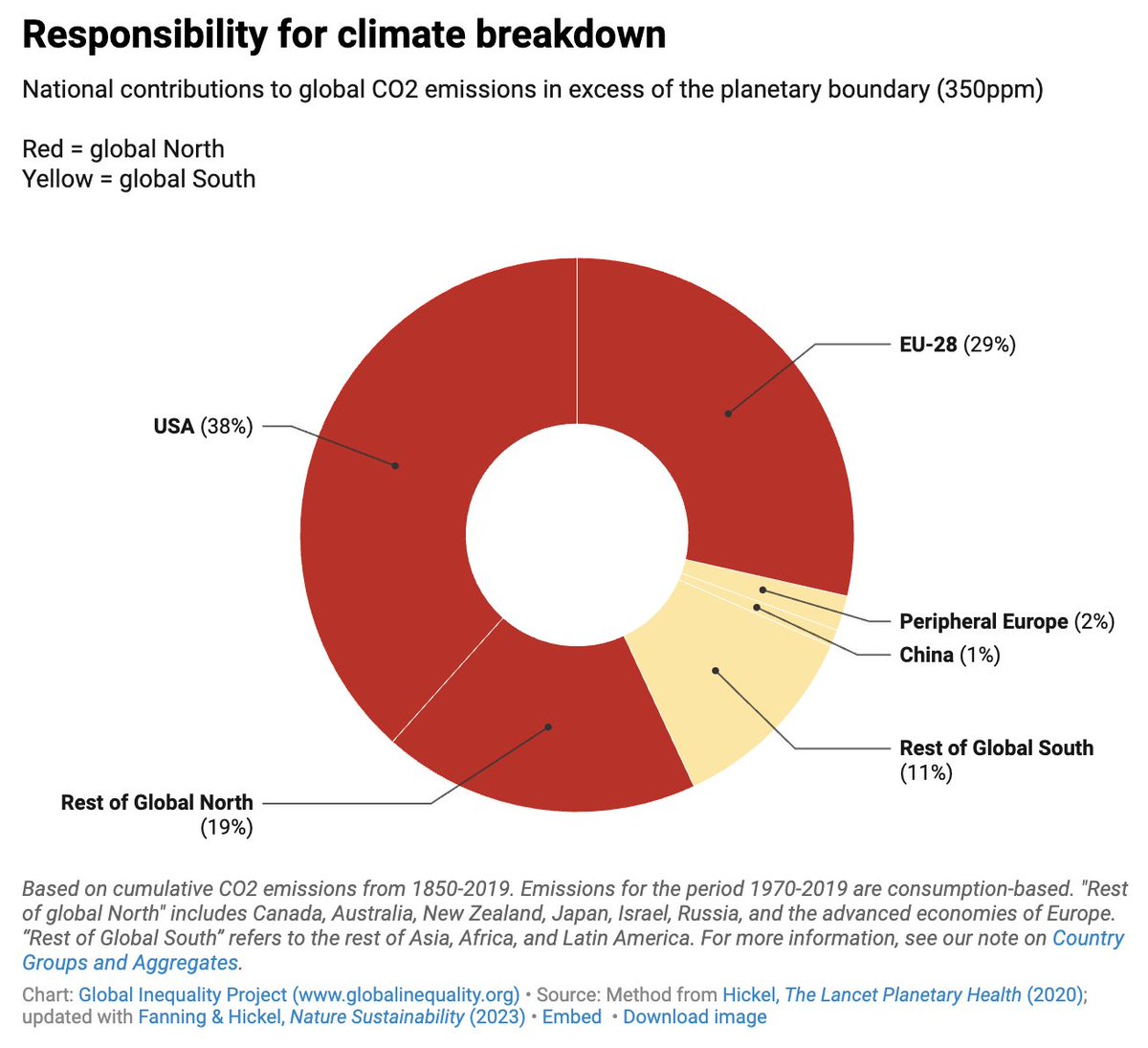This is a huge breakthrough. A new interactive model that allows users to test de-growth scenarios (and policies like #UBI, job guarantee, shorter working week) for results on emissions, unemployment, inequality etc. Check it out. degrowth.org/2018/10/29/eur… #postgrowth #degrowth
A few of you might be interested in looking at this, @KateRaworth, @MartinRavallion, @AnnPettifor, @meadwaj, @labourlewis
And of course, for the emissions projections, @JKSteinberger, @KevinClimate, @AliceClimate and @Peters_Glen
• • •
Missing some Tweet in this thread? You can try to
force a refresh









